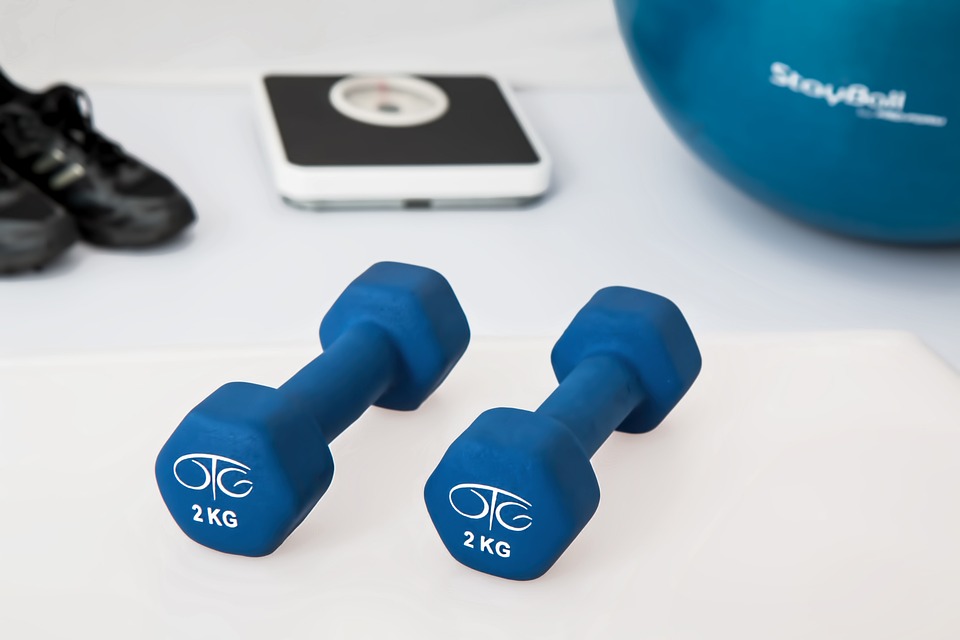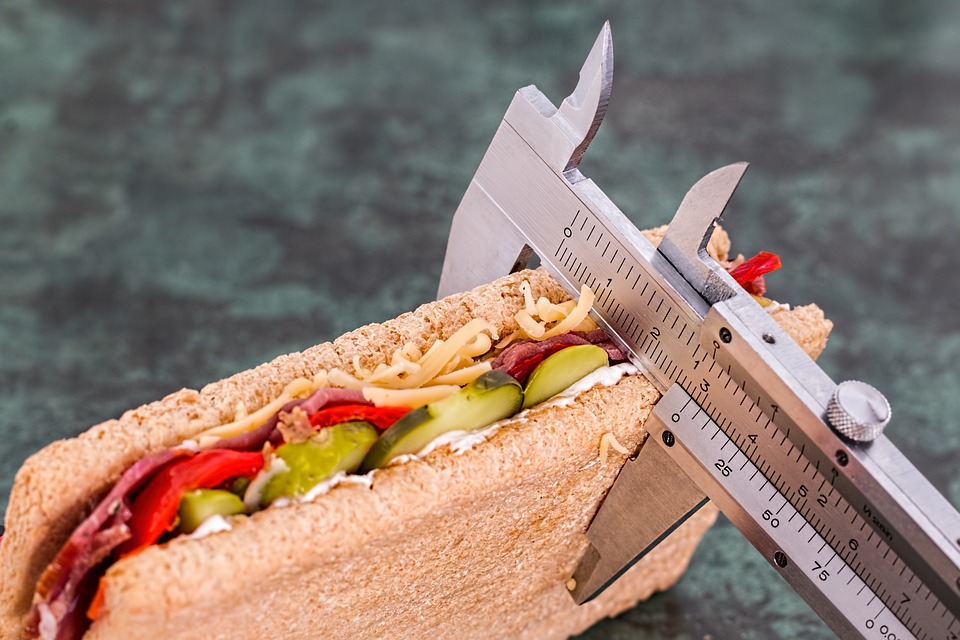Unveiling the Secrets of Metabolism: How Your Body Burns Calories
Metabolism is a complex process that plays a crucial role in maintaining our overall health and body weight. In simple terms, it refers to the chemical reactions that occur within our bodies to convert food into energy. Understanding how your body burns calories can help you make informed decisions about your diet and exercise routines. In this article, we will delve into the fascinating world of metabolism and reveal some of its secrets.
What is Metabolism?
Metabolism encompasses all the biochemical reactions that take place in your body to sustain life. It involves two main processes: anabolism and catabolism. Anabolism refers to the building of complex molecules from simpler ones, while catabolism involves the breakdown of complex molecules into simpler ones, releasing energy in the process. These processes work together to maintain the delicate balance within your body.
How Does Your Body Burn Calories?
Calories are a unit of energy, and your body needs energy to perform various functions such as breathing, circulating blood, and even digesting food. The number of calories your body burns at rest is known as your basal metabolic rate (BMR). Several factors influence your BMR, including age, gender, body composition, and genetics.
When you consume food, your body breaks it down into its basic components such as carbohydrates, proteins, and fats. These nutrients are then absorbed into the bloodstream and transported to different organs and tissues. The process of breaking down these nutrients requires energy, known as the thermic effect of food (TEF). TEF accounts for approximately 10% of your total daily energy expenditure.
Once the nutrients are in your cells, they undergo various chemical reactions to produce adenosine triphosphate (ATP), the molecule that provides energy for cellular activities. This process, known as cellular respiration, occurs in the mitochondria of your cells. The more active your cells are, the more energy they require, leading to increased calorie burning.
Factors Affecting Metabolism
While some factors that influence metabolism are beyond our control, such as age and genetics, certain lifestyle choices can also impact how efficiently our bodies burn calories. Here are some factors that can affect your metabolic rate:
- Physical activity level: Regular exercise and physical activity can boost your metabolism by increasing muscle mass and improving overall energy expenditure.
- Dietary habits: Certain foods, such as spicy foods and those rich in protein, can temporarily increase your metabolic rate due to the thermogenic effect they have on your body.
- Body composition: Muscle tissue burns more calories than fat tissue, so individuals with a higher muscle mass tend to have a higher metabolic rate.
- Hormonal factors: Hormones, such as thyroid hormones, play a crucial role in regulating metabolism. Imbalances in these hormones can affect how efficiently your body burns calories.
- Sleep patterns: Lack of sleep or poor sleep quality can disrupt your hormones and negatively impact your metabolic rate.
FAQs
1. Can I increase my metabolism to burn more calories?
While you can’t significantly change your basal metabolic rate, certain lifestyle modifications can help boost your overall calorie burn. Regular exercise, especially strength training, can increase muscle mass and, consequently, your metabolic rate. Additionally, eating a balanced diet and staying hydrated can support optimal metabolism.
2. Does metabolism slow down with age?
It is true that metabolism tends to slow down with age. This is primarily due to the loss of muscle mass and hormonal changes. However, leading an active lifestyle and engaging in regular physical activity can help mitigate the effects of age-related metabolic decline.
3. Can certain foods or supplements speed up metabolism?
While some foods and supplements claim to have metabolism-boosting properties, the effects are generally minimal. Foods rich in protein, fiber, and certain spices may have a slight thermogenic effect, but it is unlikely to significantly impact your overall metabolism. It’s important to focus on maintaining a balanced diet and engaging in regular physical activity for optimal metabolic function.
4. Does starvation mode slow down metabolism?
When you consistently consume fewer calories than your body needs, it may enter a state commonly referred to as “starvation mode.” In this state, your body conserves energy by slowing down your metabolism. However, it’s important to note that the concept of starvation mode is often misunderstood, and it is not a significant concern for most individuals trying to lose weight through healthy means.
If you’d like to learn more about metabolism and how it affects your body’s calorie-burning abilities, check out this in-depth article on metabolism secrets.






